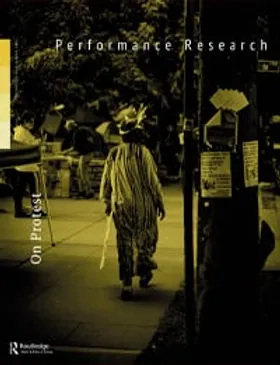Brecht on Kafka
Brecht said that Benjamin approached Kafka in the wrong manner:
"Your essay took the work as something that had grown by itself-the man too-severed all its connections,even that with its author.Whereas such a matter ought to be approached by asking the question of Kakfa,what does he do? How does he behave? It then emerges that he lived in Prague in a bad milieu of journalists and self important literati. In this milieu literature was the main,if not the only reality.With this attitude Kafka's strenghs and weaknesses are connected;his artistic value but also his futility…things must go wrong for the petty bourgeois. His situation is Kafka's."
It may well be true that Kafka's imaginary world is a reflection of his material world, but that doesn't explain why 80 years after his death his writing reflects the age of Security Certificates better than anyone else's.
I don't think he's that hard to understand either. The Trial, for example, seems to be about the fact that law is really a system of organized violence at the service of the ruling class, a reflection of the way this class rules through manufacturing consent more than coercion, that the ruling class not only makes the rules but controls your access to them. Pretty familiar.
If Orwell imagined the hell of pure totalitarianism, Kafka envisaged the much more insidious nightmare that lurks beyond the façade of liberal capitalism.
Edward Said wrote in one of his last essays before his death:
I don't think he's that hard to understand either. The Trial, for example, seems to be about the fact that law is really a system of organized violence at the service of the ruling class, a reflection of the way this class rules through manufacturing consent more than coercion, that the ruling class not only makes the rules but controls your access to them. Pretty familiar.
If Orwell imagined the hell of pure totalitarianism, Kafka envisaged the much more insidious nightmare that lurks beyond the façade of liberal capitalism.
Edward Said wrote in one of his last essays before his death:
"There is a remarkable story by Kafka, In the Penal Colony, about a crazed official who shows off a fantastically detailed torture machine whose purpose is to write all over the body of the victim, using a complex apparatus of needles to inscribe the captive's body with minute letters that ultimately causes the prisoner to bleed to death. This is what Sharon and his brigades of willing executioners are doing to the Palestinians."Kafka's world is cold and dark, but no more than our own.



Comments
Post a Comment